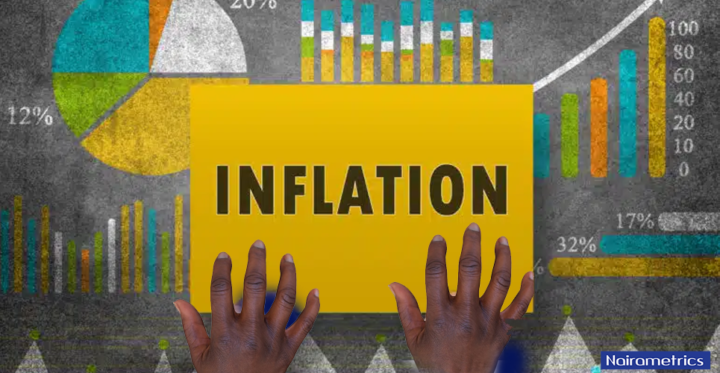In a recent macroeconomic review for the first half of 2023 and an outlook for the second half, global financial advisory service firm KPMG, as reported by Infostride News, has forecasted a surge in Nigeria’s headline inflation, projecting it to reach 30% by December 2023. This prediction comes against the backdrop of Nigeria’s current headline inflation rate of 26.72% for the month of September.
KPMG attributes this anticipated spike in prices of goods and services to recent reforms in the petroleum industry, particularly the removal of the fuel subsidy, and the unification of the foreign exchange market. According to the report, these measures, while significant in reshaping economic policies, are expected to contribute to the prevailing inflationary pressures.
The report states, “We anticipate that the current inflationary pressure in the economy will persist into H2 2023… Specifically, our model suggests that the combined influence of fuel subsidy removal and foreign exchange liberalisation may drive headline inflation to about 30% by December 2023.”

Despite the Central Bank of Nigeria’s (CBN) efforts to curb inflation through multiple policy adjustments, the report challenges the effectiveness of the Monetary Policy Rate (MPR) hikes implemented over the last 18 months. KPMG suggests that addressing fundamental issues such as energy and transportation costs, supply chain challenges, and fostering local production would be more efficacious in controlling inflation than relying solely on interest rate adjustments.
The impact of the fuel subsidy removal and foreign exchange market unification is not limited to inflation; KPMG’s report also casts a shadow on Nigeria’s economic growth prospects. The firm projects a growth rate of 2.6% for the country in 2023, a significant reduction from the World Bank’s earlier projection of 2.8%. The report attributes this lower growth forecast to the recent reforms initiated by President Tinubu.
“We expect the Nigerian economy to grow by 2.6% in 2023, lower than the revised World Bank’s 2023 forecast of 2.8% for Nigeria and the 3.1% growth rate achieved in 2022,” the report reads.
Moreover, the report highlights various macroeconomic challenges encountered in the first half of the year that are expected to have lingering effects in the latter part of 2023. Factors such as the failed naira redesign policy, weak growth due to low crude oil output, persistently high inflation rates, and the impact of fuel subsidy removal and the devaluation of the naira are likely to contribute to a challenging economic landscape.
Nigeria’s inflation rate has been on an upward trajectory for the past nine months, reaching a two-decade high of 26.72% in September. Analysts attribute this sustained increase to the implementation of policies such as fuel subsidy removal and currency market reforms spearheaded by President Tinubu. Since the initiation of these policies, transportation costs and food prices have experienced nearly a twofold increase, exacerbated by the naira’s devaluation by almost 60%, trading at N780 to the USD in the official window.
Given that Nigeria heavily relies on food imports to meet its national demand, the impact on food inflation has been particularly pronounced, reaching 30% according to the National Bureau of Statistics (NBS). As the nation grapples with these economic challenges, the second half of 2023 is poised to be a critical period, where the effects of recent policy changes and external pressures may further shape Nigeria’s economic trajectory.
Support InfoStride News' Credible Journalism: Only credible journalism can guarantee a fair, accountable and transparent society, including democracy and government. It involves a lot of efforts and money. We need your support. Click here to Donate
